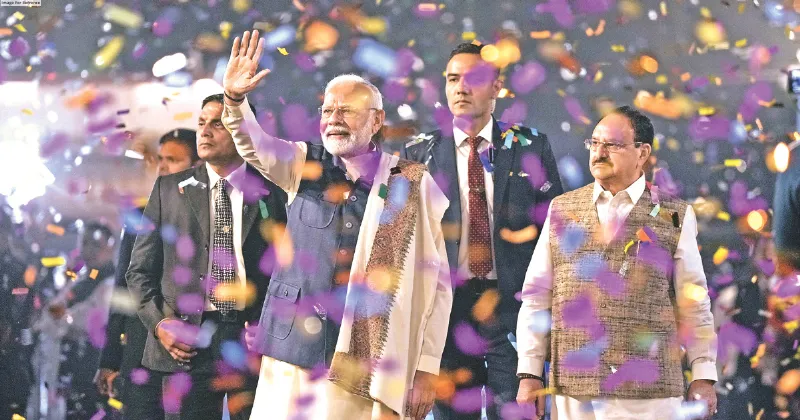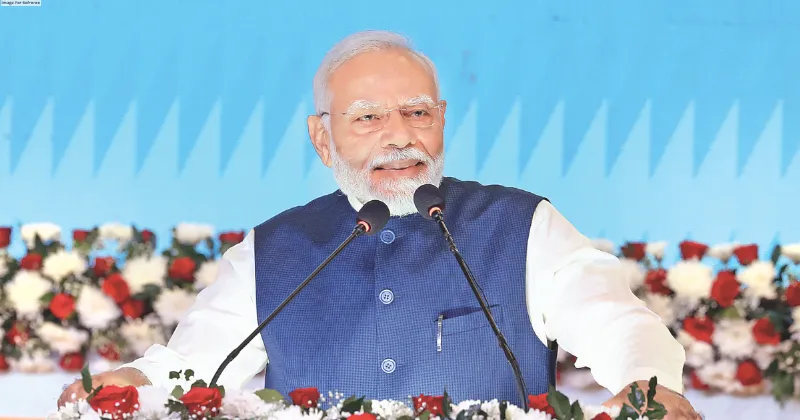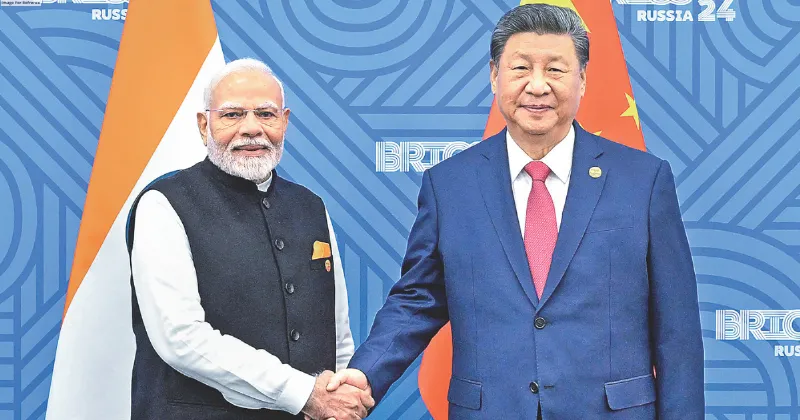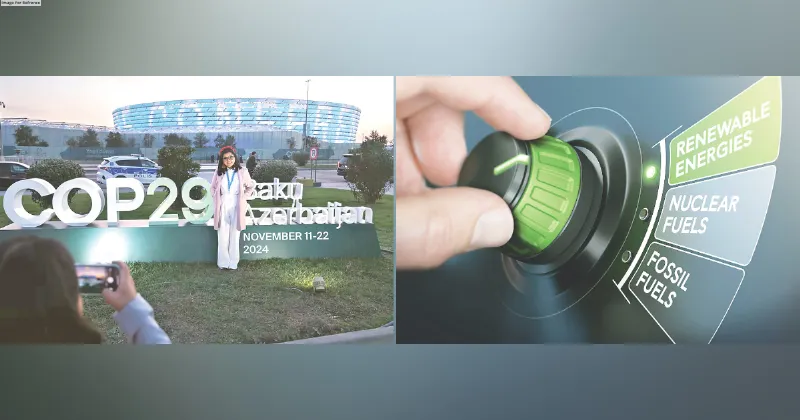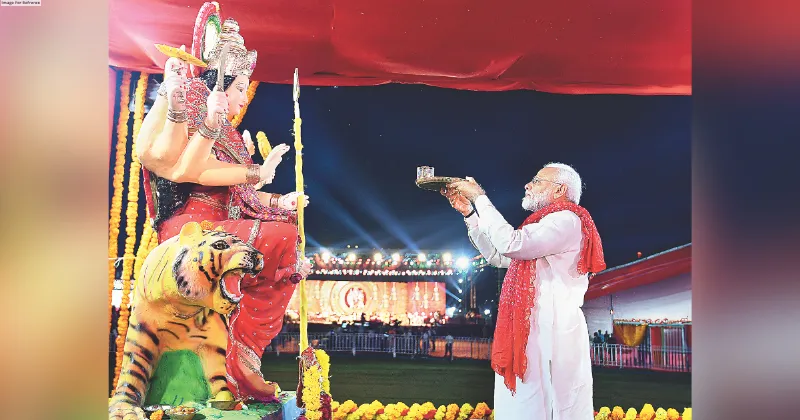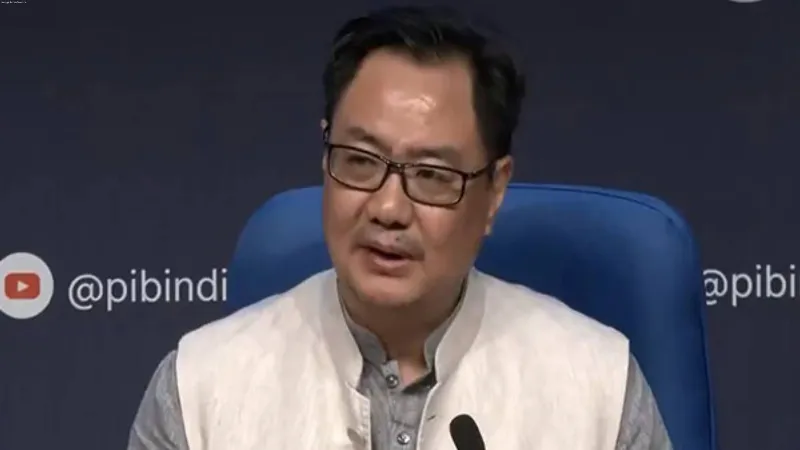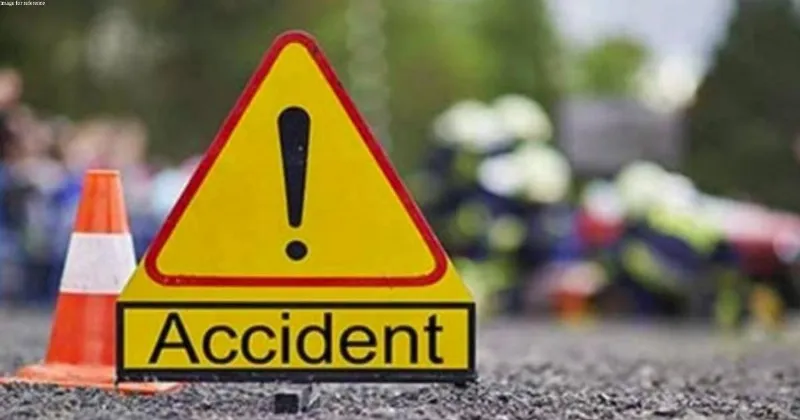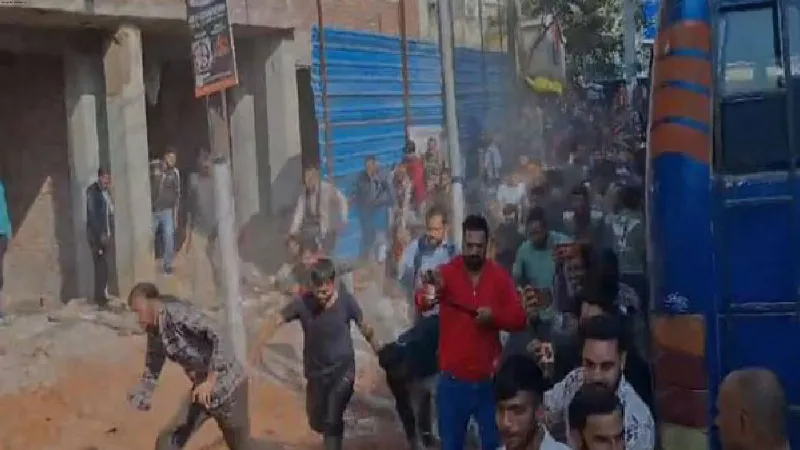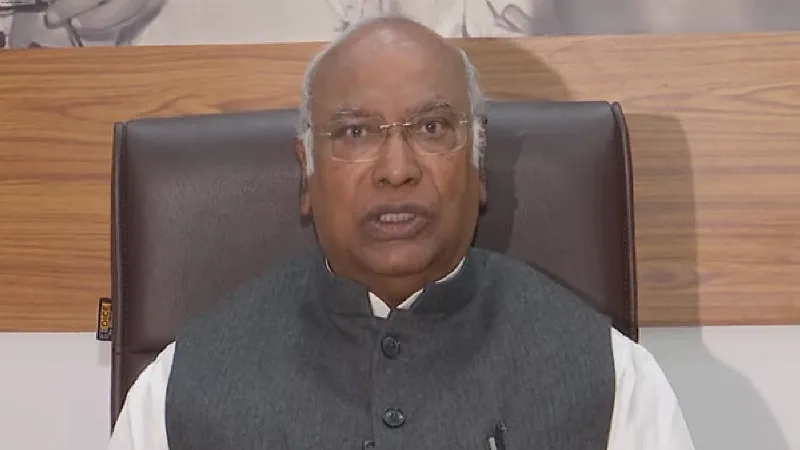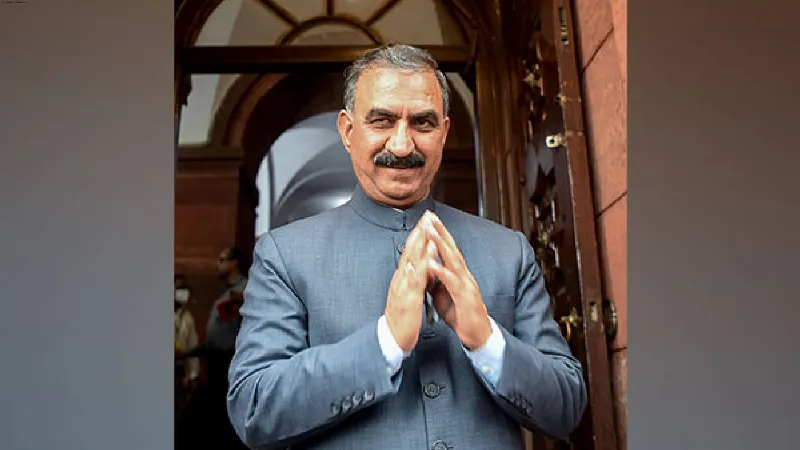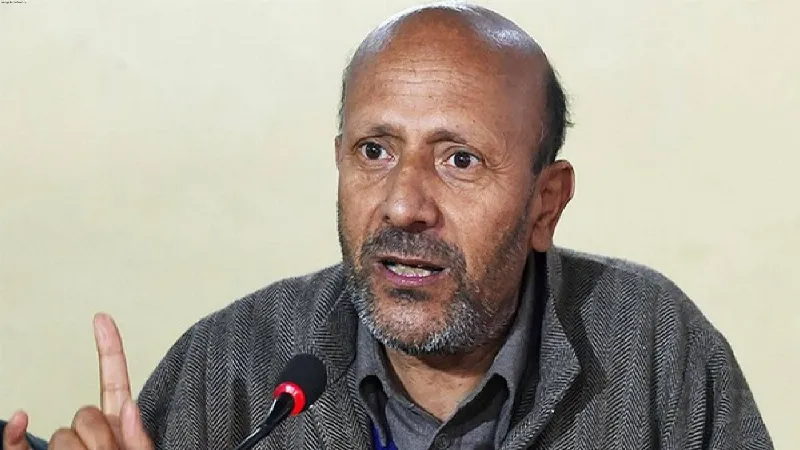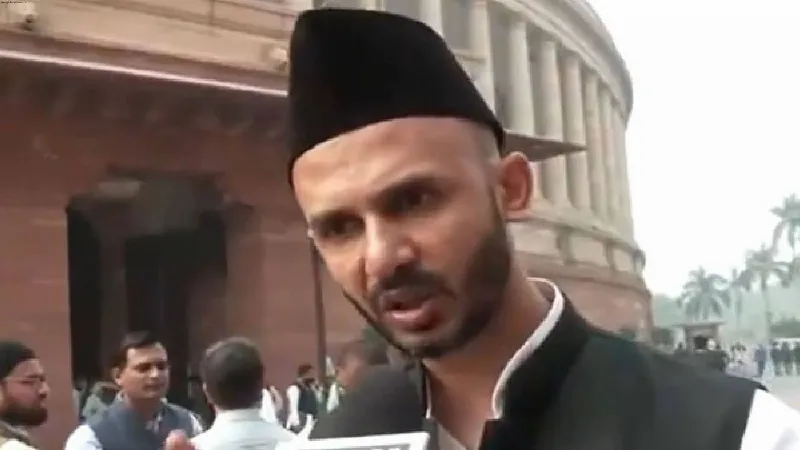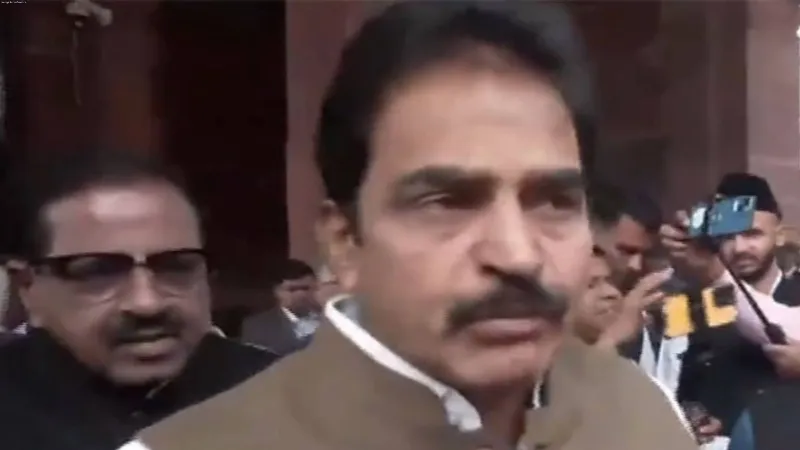Latest News
A DECADE OF SWACHH BHARAT MISSION
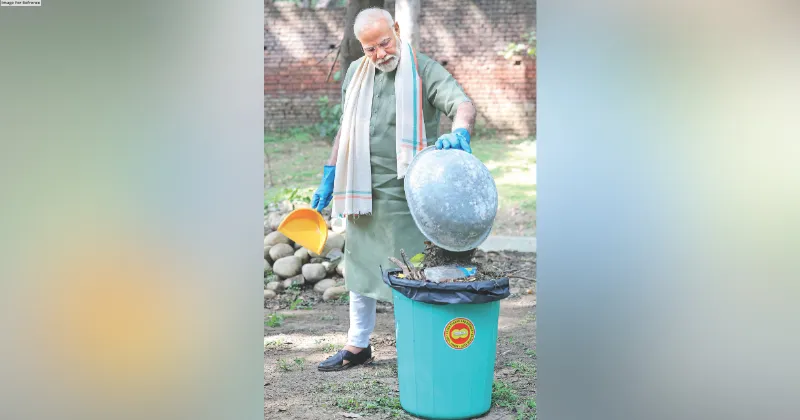
Ten years ago on Gandhi Jayanti, Prime Minister Narendra Modi launched a very ambitious and much needed Mission to make India a clean nation. Several targets were set in the process to achieve the ambitious goal of Clean India. During last decade, many innovative steps were taken up to deliver benefits to the masses. The idea behind launching it as a mission mode was to provide scale and speed to the entire implementation. At the time of launch, entire service delivery was mostly on supply mode instead of demand approach. Prior to this, in the past India had witnessed Rural Sanitation Programme, Nirmal Gram and many other similar programmes at National and State level but outcome was very limited. Fact remain that infrastructure created in the past like toilets, waste processing units etc were either marginally utilised or under utilised. The basic flaw was approach to implement the same. Huge resources were deployed year on year but net outcome was negligible.
In case of waste management, situation was no different. People were immune to whatever is happening in their surrounding till year 1994, when first alarm ranged with Pneumonic Plague in city of Surat and Public Interest Litigation filed in Bengaluru seeking cleaner environment. As a fallout, Supreme Court constituted a committee under Chairmanship of then Municipal Commissioner of Kolkata. The recommendations made by committee were adopted as first ever Municipal Solid Waste (Management & Handling) Rules, 2000. In these rules too, certain deadlines were set for Municipal Bodies and State to comply with creating infrastructure and administrative set up. Unfortunately, not much could achieve due to loose enforcement and gaps. The major gap was not to involve waste producer in the whole process, who kept following NIMBY (Not in My Backyard) syndrome even after promulgation of Rules. Municipal bodies were not penalised for non compliance with the same, making system irresponsible. At certain places, some or other part of the rules were implemented but due to non holistic approach, everything went into veins. As a matter of fact waste management was never considered as priority area by any stakeholder from waste producer to policymaker. Yes, one thing happened very commonly, was excursions on the name of experiential learning and to study waste management of developed countries without realising the fact that no thumb rule applies in case of waste management.
In country like India where language and accent changes every 50 Kms, character of waste change within 50 meters. Above that due to so much of diversity, creating any system to manage waste appropriately depends a lot on Topography, Demography, Geography besides Physical and Chemical characteristics of waste so generated. Also, availability of resources play a vital role in opting for technology and model of implementation. Just copying model of other places and adoption of technology, has wasted huge resources in the past.
Understanding from the past and need to overcome image of a untidy nation, it was in year 2014, PM Modi himself led the nation to make India a clean nation. The concern was not just a cleaner environment but also to create a liveable atmosphere. Due to poor infrastructure and implementation, every citizen, in particular women was much affected. Due to non availability of toilets, open defaecation was a common practice. It was source to several disease and for women, also against dignity. They had to suffer a lot Because of the same. The very first focus was to enable environment to construct toilets in every home and also to provide with community toilets. Swachh Bharat Mission had strong monitoring framework to ensure implementation with a system to incentivise at every level. The outcome is obvious, now hardly anyone is seen defaecating in open. Even, while travelling or outside, people have confidence to locate toilet in vicinity. To facilitate, Some of the Municipal Bodies have put up direction signage for the same.
The whole perception about Cleanliness and keeping surroundings clean has changed during last decade. Now, individual have inhibition to throw garbage, urinate in open. If not, peer, neighbours or general public raises objections. In past, people used to create conflict on such objections but now, they calmly follow it. Best part is concerned amongst children and youth to keep their area tidy. It has become a trend to organise cleanliness drives for public spaces, beaches, rivers etc by youth groups. It may sound symbolic but message goes loud and clear. Before, Swachh Bharat Mission, even knowledge level was very low, attitude and practice very negligible.
THE VIEWS EXPRESSED BY THE AUTHOR ARE PERSONAL
Dr Vivek S Agrawal The writer is a specialist on Urban Health and Environment

